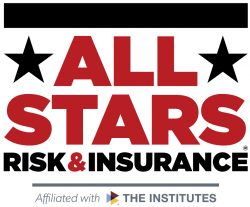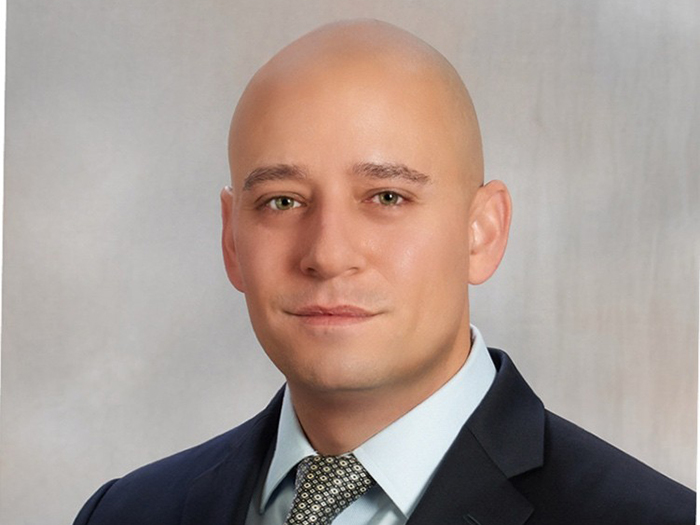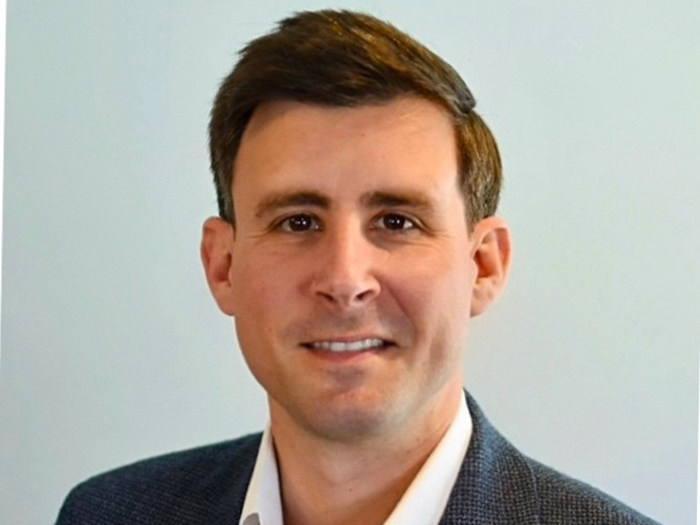If You Want the Right Risk Strategies to Keep Long-Term Patients Safe, Take a Page from Andrea Gibbon’s Book

At the height of the COVID-19 pandemic, Highland Care Center, like many other skilled nursing facilities, was experiencing a decrease in occupied beds. Many elderly residents had passed away, and the facility began accepting new residents with behavioral health needs.
“Post COVID, the population in the hospitals has changed significantly; it’s no longer the typical 89-year-old [with a] hip fracture … nobody with knee replacements anymore,” Andrea Gibbon, Highland’s chief nursing officer shared.
“It’s just really those who are in need of mental health support.”
With an influx of transitional residents with unique needs came new challenges. Although the new residents were on separate floors from the facility’s elderly population, Gibbon’s team saw an uptick in severe incidents.
“A lot of our incidents were violent incidents where the resident would go after the staff and hit them or attempt to hit other residents,” Gibbons explained.
In the short term, Gibbon’s team was able to reassure concerned staff members by offering emotional support and increasing the presence of a registered nurse in the unit.
“We had to come up with something to better deal with some of these mental health issues,” she said. Recognizing the need to find a long-term solution to better support staff as well as residents involved in the incidents, Gibbon looked to PRISM, Highland’s insurance broker and risk manager. PRISM recommended an evidence-based, nonviolent crisis intervention course to equip Highland’s nursing team with strategies to manage challenging behaviors and provide a better experience for those in their care.
Beginning with the executive nursing team becoming certified non-violent crisis intervention instructors at the start of 2021, by mid-2022 Highland had supported 45 staff members in receiving their certification.
With training and certification came a significant drop in reportable events due to staff being injured by residents. Highland’s claim costs have drastically reduced as well since staff began receiving crisis intervention training.
At the end of 2019, Highland’s quarterly claim costs associated with resident behavior incidents reached $170,000. After a year of staff applying the nonviolent crisis intervention approach, quarterly claim costs declined to $309.
Gibbon credits Highland’s teamwork for the victory.
“I must give accolades to the clinical staff, the RN supervisors and the clinical care coordinators as well as to executive management,” she said. “Everybody was continuously working together to reduce any incidents that we have here.
“We provide so much education here; and once we got staff buy-in, we saw major changes. And it’s really paid off, look at our results!”
Investing in training has also raised awareness among staff, Gibbon said. Being able to properly respond to a crisis, she continued, “allows us to actually admit somebody who may be a little more challenging, that maybe, back in the day, I would not take in, because we didn’t have that expertise training, which we have now.” &
 Every year, Risk & Insurance selects deserving candidates to become Risk All Stars. These are risk managers who, through their perseverance, passion and creativity, make a big difference to the stability of their organizations.
Every year, Risk & Insurance selects deserving candidates to become Risk All Stars. These are risk managers who, through their perseverance, passion and creativity, make a big difference to the stability of their organizations.
See all the 2022 Risk All Star Winners here.










